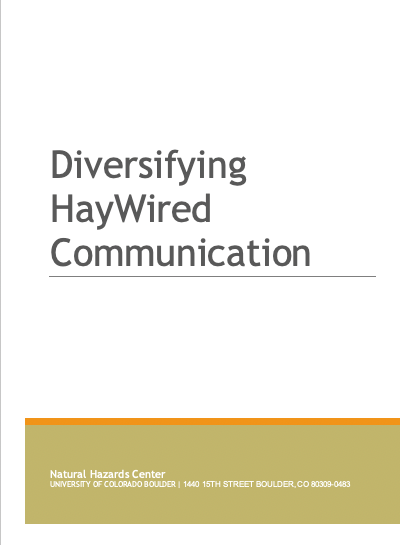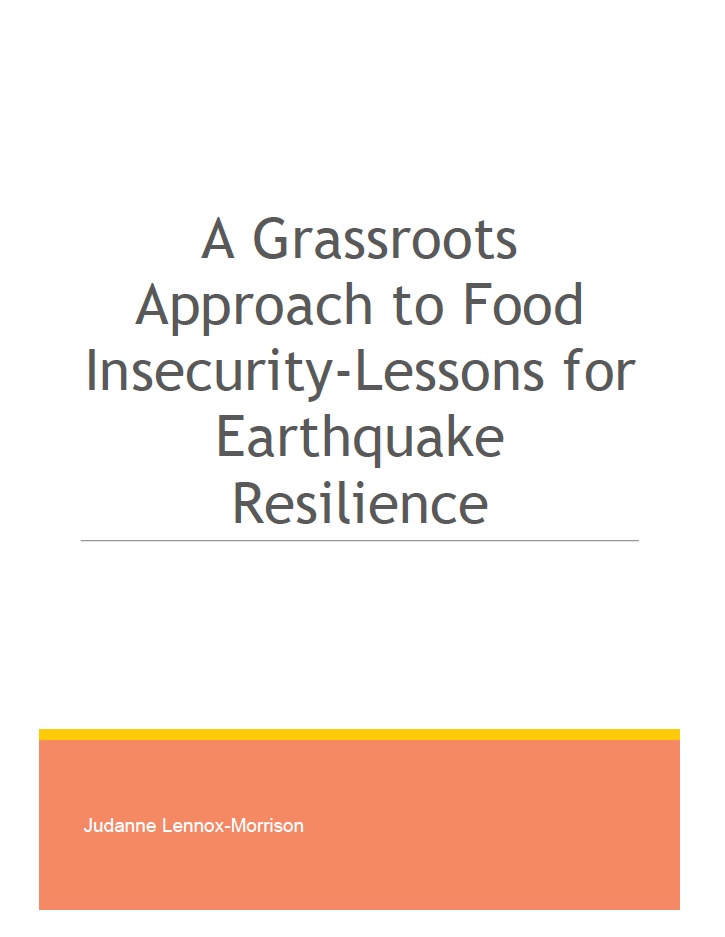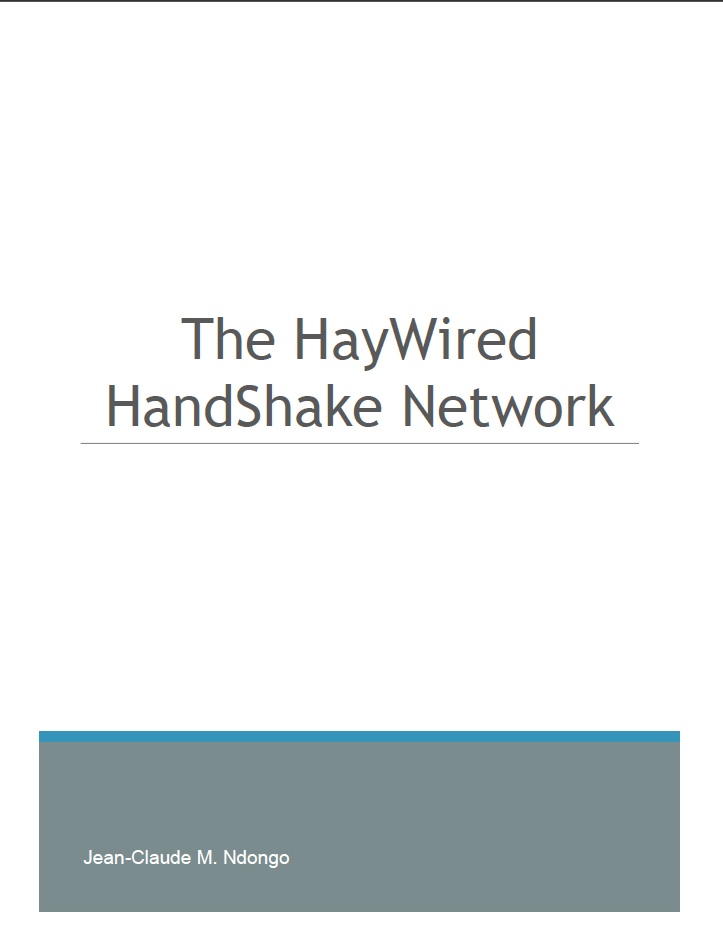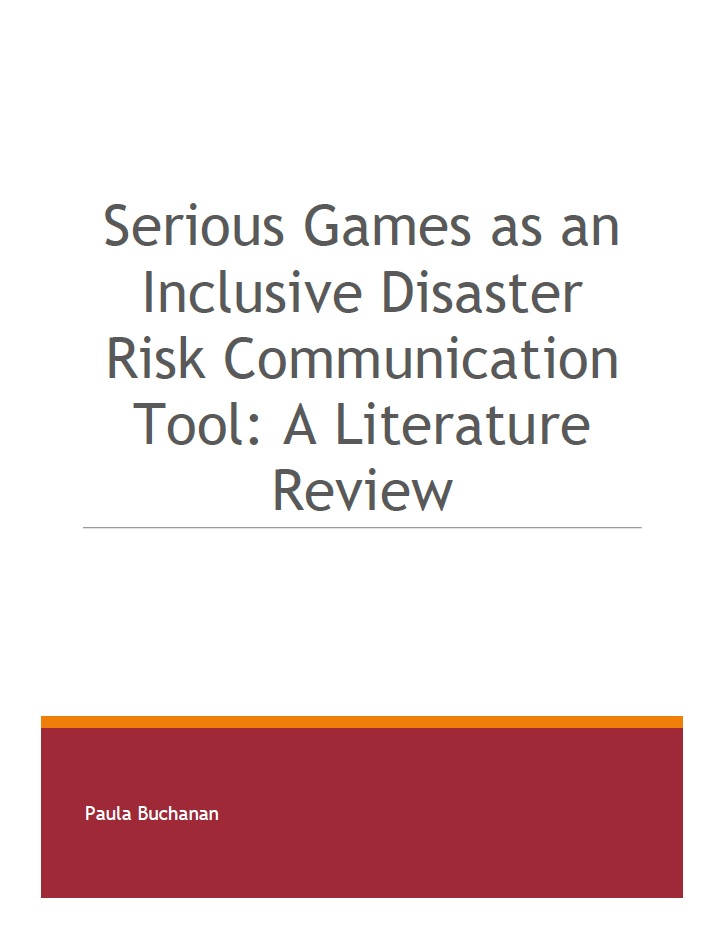Diversifying HayWired Communication
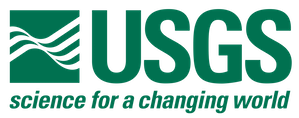
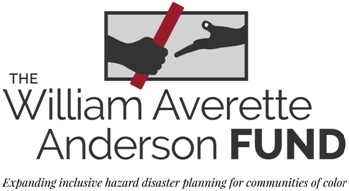
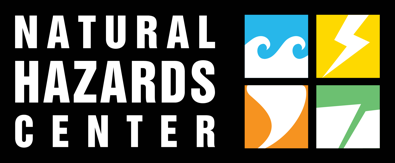
What is the Challenge?
The HayWired earthquake scenario, led by the U.S. Geological Survey (USGS), anticipates the impacts of a hypothetical, highly detailed and scientifically plausible magnitude-7.0 earthquake on the Hayward Fault and its aftershocks. The fault is located along the east side of California’s San Francisco Bay and is among the most active and dangerous in the United States, because it runs through a densely urbanized and interconnected region. The HayWired scenario has many audiences including emergency mangers, business continuity planners, critical infrastructure operators, levels of government, politicians, community organizations, and members of the public. While relationships have been established with many of these groups, USGS acknowledges that more emphasis needs to be placed on inclusive engagement involving diverse cultural and ethnic populations and other socially marginalized communities in the San Francisco Bay Area.
Project Purpose
To meet this challenge, the Natural Hazards Center research team partnered with a group of doctoral student Fellows with the Bill Anderson Fund (BAF), a representative of the U.S. Geological Survey, and local advisors who helped guide the students’ understanding of regional issues and networks. In this Phase I of this multi-year partnership, the BAF Fellows identified categories of stakeholder organizations that support at-risk communities in sectors of interest to the USGS; developed profiles of organizational priorities and concerns; and prototyped disaster information products tailored to their primary activities and services. In Phase II, two of the Fellows completed literature reviews, evaluated secondary data, and conducted informal consultations to expand the evidentiary foundation of their proposed strategies for tailoring risk communication outreach to specific sectors. The outcomes of each phase of the project are summarized below.
Outcomes
Broadly, this project has generated valuable insights about the use of inclusive engagement strategies to communicate about hazard risks and support disaster planning. It has produced a total of three deliverables. The first, a comprehensive report for Phase I of the project, summarizes the iterative process that the project team engaged in to prototype communication products tailored for six categories of stakeholder organizations and the target populations they serve in the San Francisco Bay Area. These categories include:
- Energy and environmental justice organizations
- Chambers of commerce
- Financial security programs for lower-income communities
- Grassroots organizations
- Mutual aid networks
- Public and mental health organizations
Phase II produced two additional reports and one literature review that focused in greater detail on three stakeholder types—chambers of commerce, grassroots food security organizations, and serious game designers. The first report, The HayWired HandShake Network , proposes the concept of a formal earthquake-focused coalition called the HayWired HandShake Network. The second report, A Grassroots Approach to Food Insecurity—Lessons for Earthquake Resilience, assesses the disaster preparedness capabilities of grassroots organizations focused on food security and hunger alleviation in communities surrounding the East Bay. The literature review, Serious Games as an Inclusive Disaster Risk Communication Tool, outlines key considerations from empirical research and gray literature on serious games, their application in education and disaster research, and parameters for inclusive game design.
Presentations
- Diversifying Communication of the HayWired Scenario with the Bill Anderson Fund Fellows October 2021
- Connecting with Marginalized Communities to Improve Risk Communication August 2022
- Inclusive Engagement: Insights from the Diversifying HayWired Communication Project July 2023
Project Team
USGS-HayWired Collaborator: Anne Wein, U.S. Geological Survey (awein@usgs.gov)
Project Advisors:
- Maryia Markhvida, Stanford University and World Bank (Phase I)
- Suzanne Frew, The Frew Group (Phase II)
Principal Investigator: Nnenia Campbell, Natural Hazards Center, University of Colorado Boulder (Nnenia.Campbell@colorado.edu)
Bill Anderson Fund Fellows:
- Mojeed Bello, Morgan State University
- Jennifer Blanks, Texas A&M University
- Paula Buchanan, Jacksonville State University
- Judanne Lennox-Morrison, Texas A&M University
- TyKeara Mims, Texas A&M University
- Jean-Claude Ndongo, Florida Atlantic University
